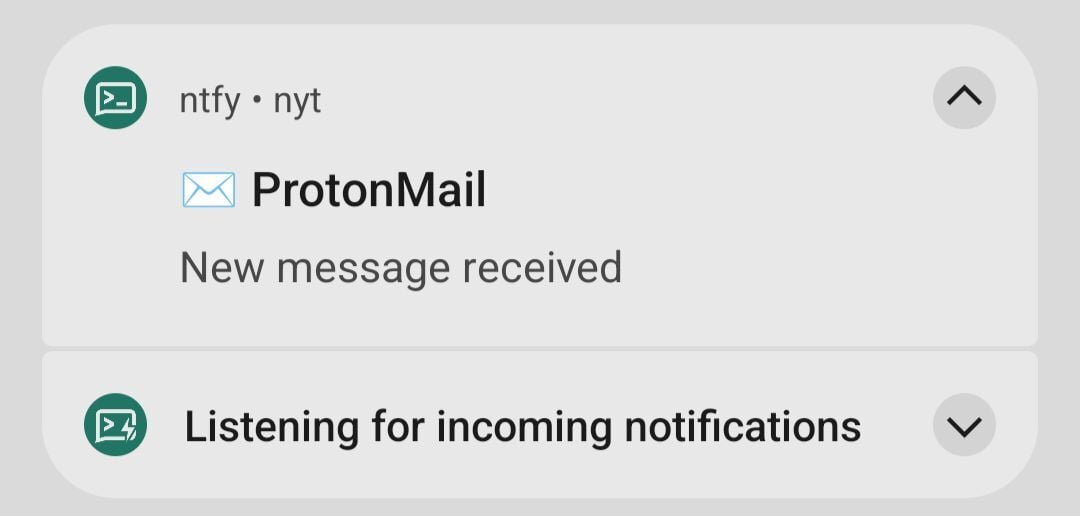Selfhosted
A place to share alternatives to popular online services that can be self-hosted without giving up privacy or locking you into a service you don't control.
Rules:
-
Be civil: we're here to support and learn from one another. Insults won't be tolerated. Flame wars are frowned upon.
-
No spam posting.
-
Posts have to be centered around self-hosting. There are other communities for discussing hardware or home computing. If it's not obvious why your post topic revolves around selfhosting, please include details to make it clear.
-
Don't duplicate the full text of your blog or github here. Just post the link for folks to click.
-
Submission headline should match the article title (don’t cherry-pick information from the title to fit your agenda).
-
No trolling.
Resources:
- selfh.st Newsletter and index of selfhosted software and apps
- awesome-selfhosted software
- awesome-sysadmin resources
- Self-Hosted Podcast from Jupiter Broadcasting
Any issues on the community? Report it using the report flag.
Questions? DM the mods!
view the rest of the comments

I think it does require a paid account, Hydroxide basically acts like the official Proton bridge.
I haven't actually tested with a free account, so there's a chance it does work. When you run the
authcommand (which is the same as upstream Hydroxide), it will probably throw an error.If you have a free account and try this out (or Hydroxide), please report how it goes back here, I'll add a note to the readme. Upstream doesn't seem to mention this in their repo either.
Currently, I only have a free account there. I tried Hydroxide first, and I had no problem logging in. I was also able to fetch some emails. I will try hydroxide-push as well later.
In that case hydroxide-push will work too, which is good news!
Just note that the IMAP, SMTP and CardDav functions have been stripped out from this push version. If there's interest to have those too, a different version with the push stuff added on top of full Hydroxide could be made. It will require a bit of time to develop.
The scope of hydroxide-push is only push notifications for now.
Hydroxide was specifically created as a free replacement for the official Proton Mail Bridge, so no, it doesn't require a subscription